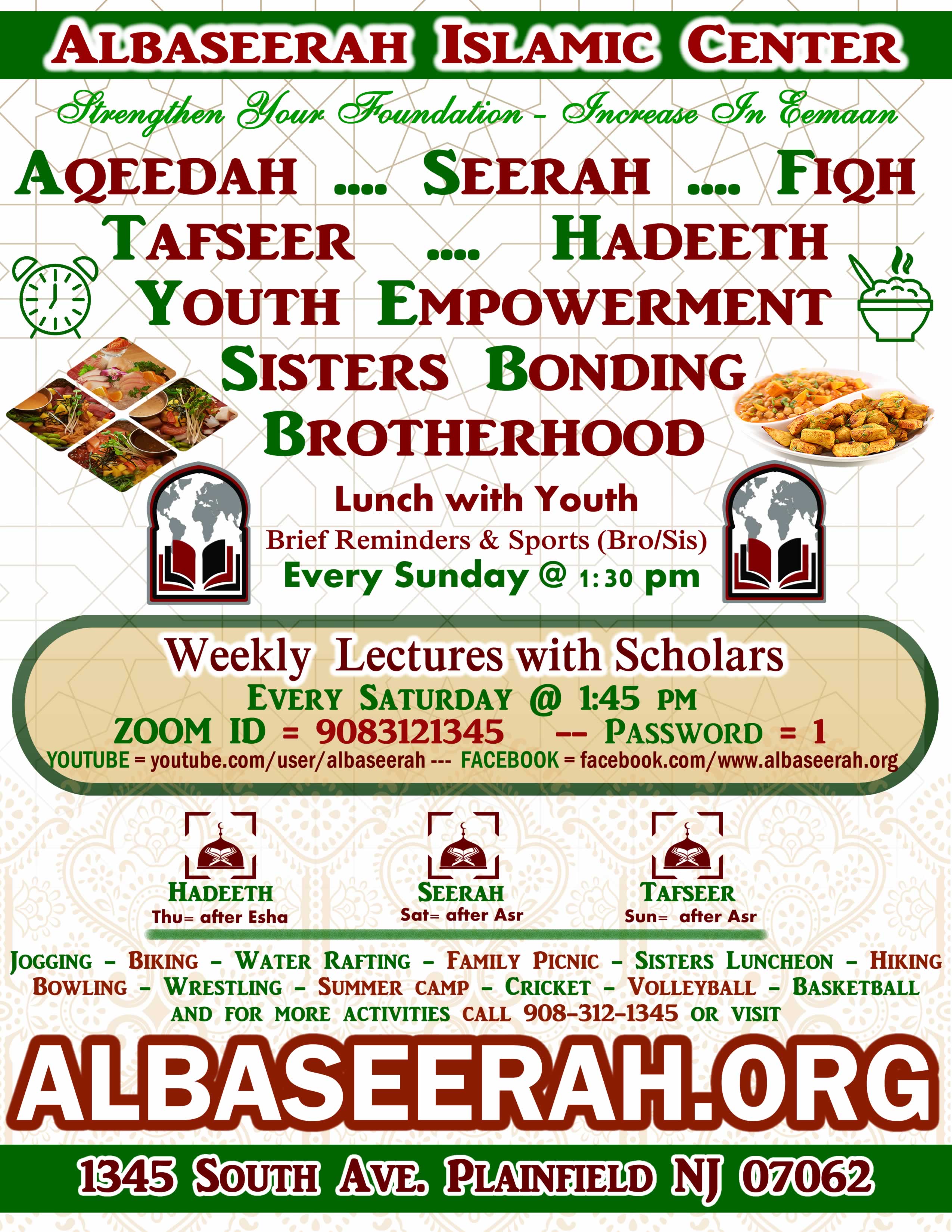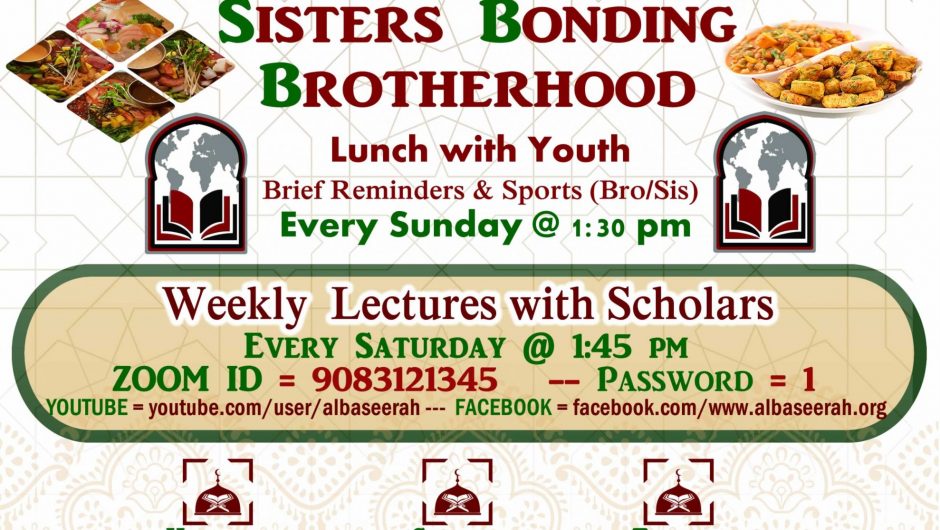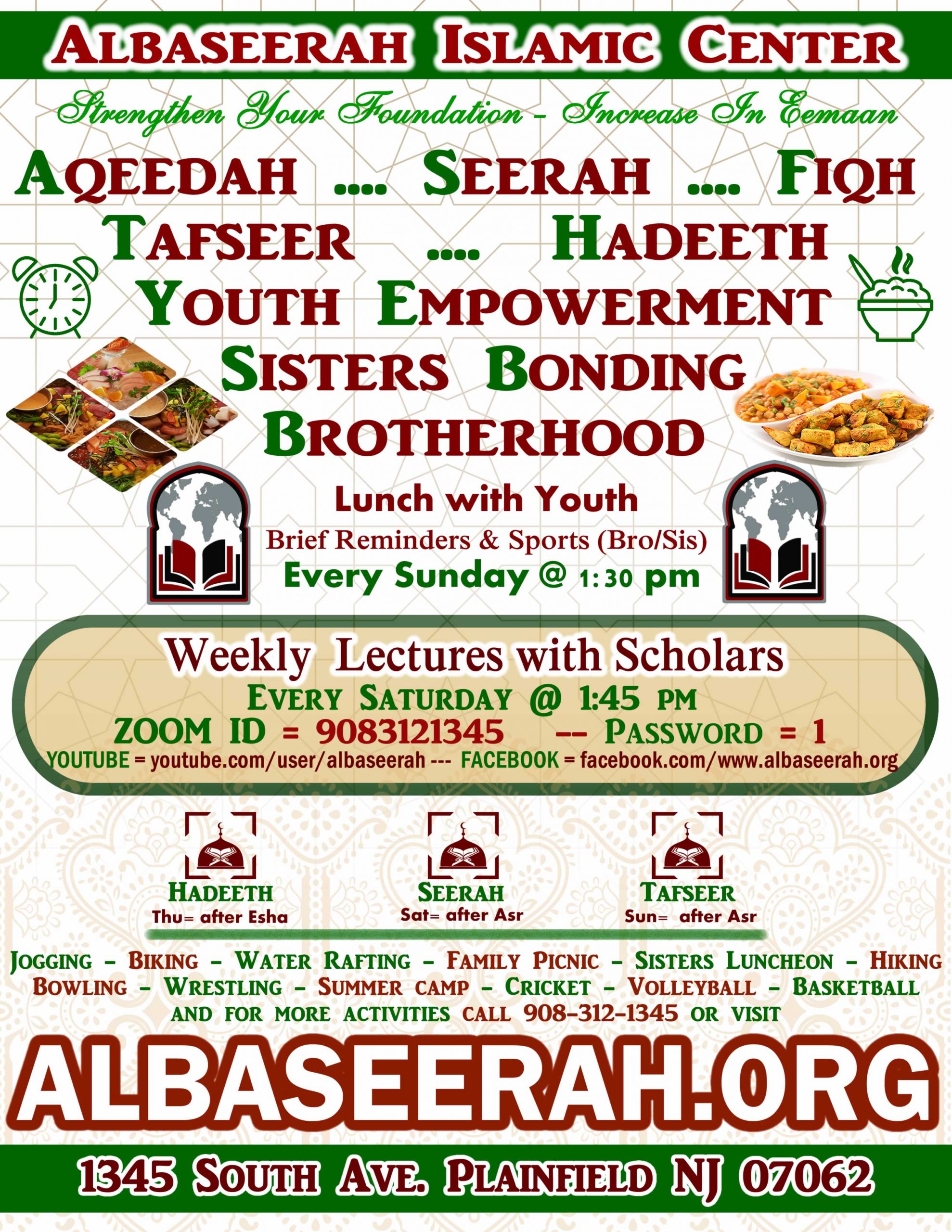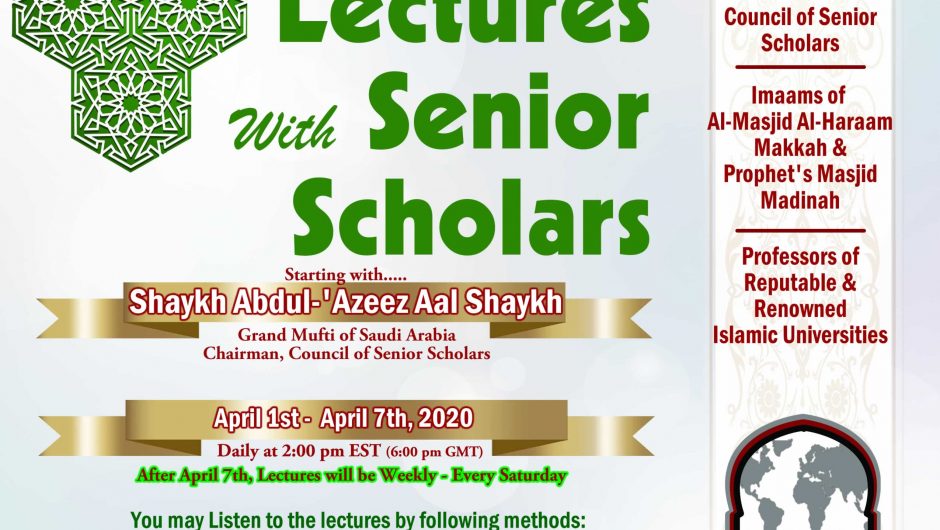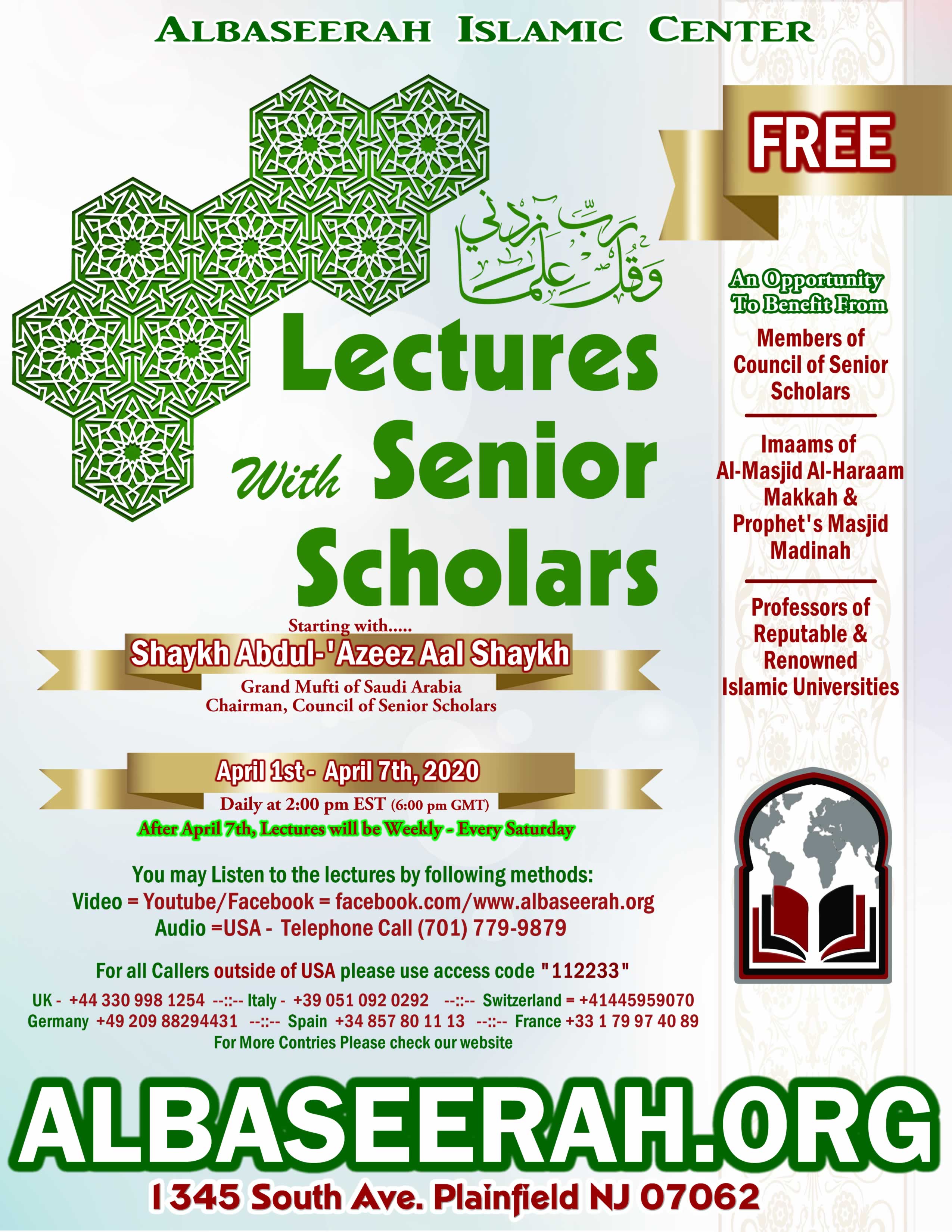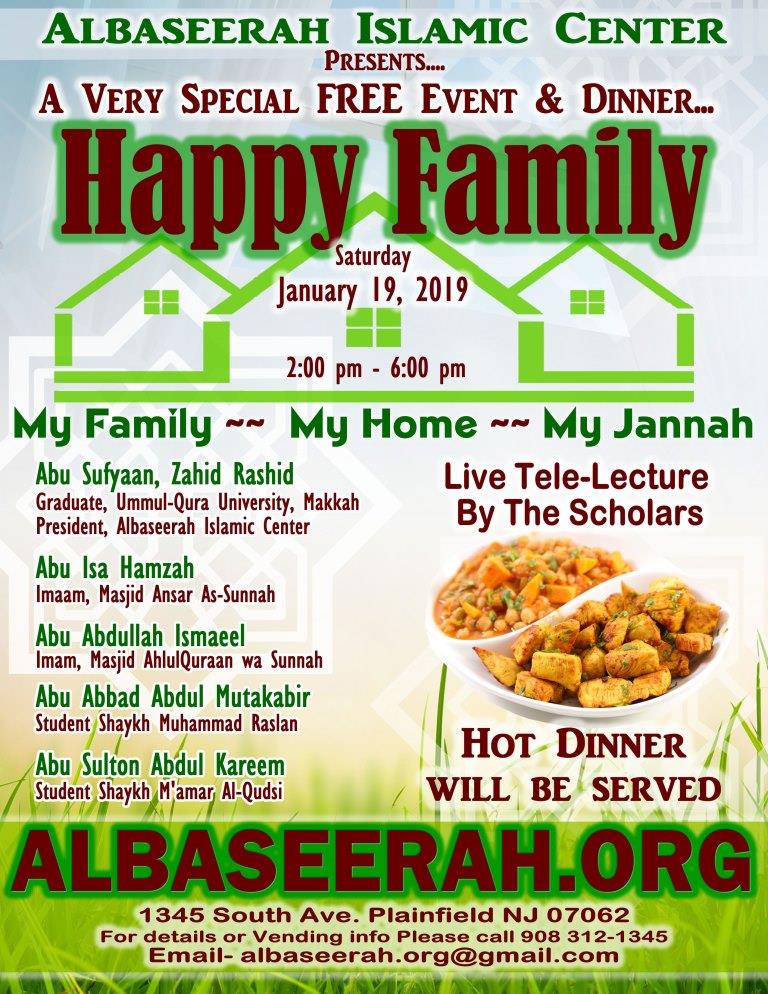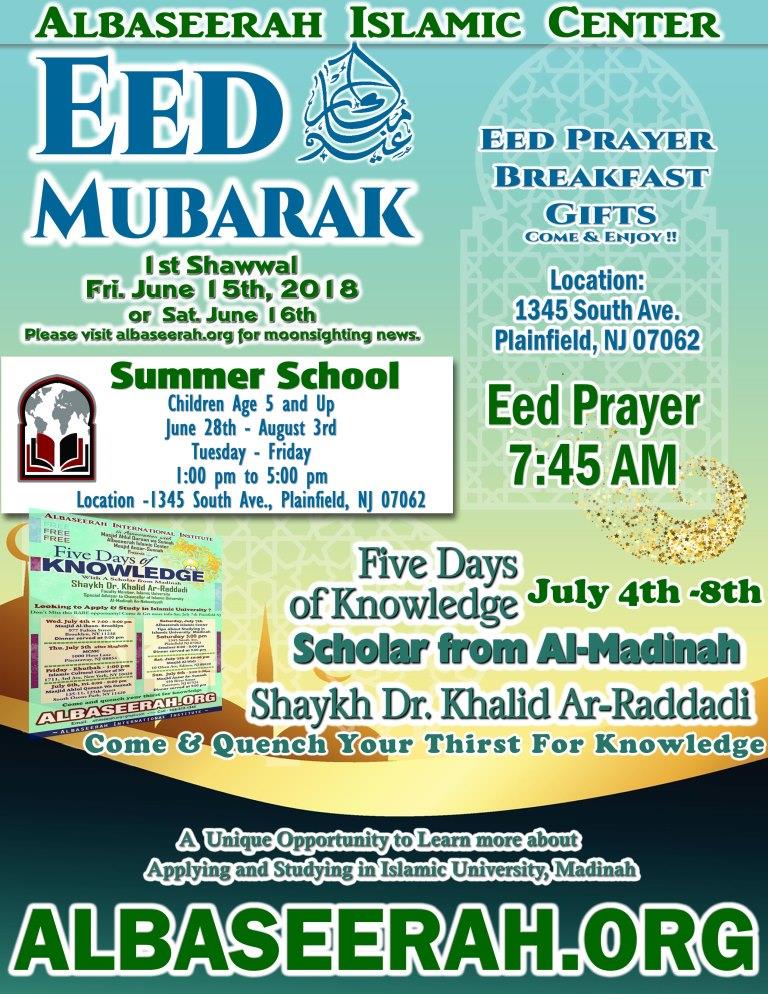In the event of a calamity or epidemic, the remedy is to repent to Allah, may He be exalted, and humble oneself before Him and beseech Him, and to right any wrongs that have been done, and also to seek forgiveness a great deal, glorify Allah a great deal, send blessings upon the Prophet (blessings and peace of Allah be upon him), ask Allah for well-being, and take measures to protect oneself and treat sickness, such as quarantine, and vaccinations and medical treatment if they are available.
1 – with regard to repenting and humbling oneself before Allah:
Allah, may He be exalted, says (interpretation of the meaning):
“And We have already sent [messengers] to nations before you, [O Muhammad]; then We seized them with poverty and hardship that perhaps they might humble themselves [to Us].
Then why, when Our punishment came to them, did they not humble themselves? But their hearts became hardened, and Satan made attractive to them that which they were doing”
[al-An‘aam 6:42-43].
Ibn Katheer (may Allah have mercy on him) said in his Tafseer (3/256):
“And We have already sent [messengers] to nations before you, [O Muhammad]; then We seized them with poverty” that is, impoverishment and destitution
“and hardship” – this refers to disease, sickness and pain
“that perhaps they might humble themselves [to Us]” that is, that they might call upon Allah, humble themselves before Him, and fear Him.
Allah, may He be exalted, says: “Then why, when Our punishment came to them, did they not humble themselves?” That is, why, when We tested them with that, did they not beseech Us and show humility before Us?
“But their hearts became hardened” and never softened and became humble“and Satan made attractive to them that which they were doing” namely shirk (associating others with Allah) and committing sins. End quote.
Allah, may He be exalted, says (interpretation of the meaning):
“Do they not see that they are tried every year once or twice but then they do not repent nor do they remember?”
[at-Tawbah 9:126].
Calamities only come down because of sin, and cannot be removed except by repentance, as al-‘Abbaas (may Allah be pleased with him) said in his du‘aa’ when he prayed for rain (istisqaa’).
Al-Haafiz Ibn Hajar (may Allah have mercy on him) said in al-Fath (2/497): az-Zubayr ibn Bakkaar described in al-Ansaab the du‘aa’ (supplication) that al-‘Abbaas offered during this event and the time during which it occurred. He narrated, with his isnaad (chain of narrators) that when ‘Umar prayed for rain by virtue of the supplication of al-‘Abbaas, he said: O Allah, no calamity comes down except because of sin and it cannot be removed except by means of repentance. End quote.
2 – with regard to seeking forgiveness: it is a means of attaining good health, strength and well-being.
Allah, may He be glorified and exalted, says (interpretation of the meaning):
“And [saying], Seek forgiveness of your Lord and repent to Him, [and] He will let you enjoy a good provision for a specified term and give every doer of favor his favor”
[Hood 3:11]
“And O my people, ask forgiveness of your Lord and then repent to Him. He will send [rain from] the sky upon you in showers and increase you in strength [added] to your strength. And do not turn away, [being] criminals”
[Hood 11:52].
3 – with regard to glorifying Allah (tasbeeh), Allah tells us that by virtue of tasbeeh He saved Yoonus (peace be upon him) from distress, and stated that in like manner He will save the believers.
Allah, may He be glorified, says (interpretation of the meaning):
“And [mention] the man of the fish, when he went off in anger and thought that We would not decree [anything] upon him. And he called out within the darknesses, ‘There is no deity except You; exalted are You. Indeed, I have been of the wrongdoers.’
So We responded to him and saved him from the distress. And thus do We save the believers”
[al-Anbiya’ 21:87-88].
And Allah, may He be exalted, says (interpretation of the meaning):
“And had he not been of those who exalt Allah,
He would have remained inside its belly until the Day they are resurrected”
[as-Saafaat 37:143-144].
Ahmad (1462) and at-Tirmidhi (3505) narrated that Sa‘d said: The Messenger of Allah (blessings and peace of Allah be upon him) said: “The supplication of Dhu’n-Noon, when he was in the belly of the fish: Laa ilaaha illa anta subhaanaka inni kuntu min az-zaalimeen (There is no deity except You; exalted are You. Indeed, I have been of the wrongdoers) – no Muslim man ever says these words in supplication concerning anything, but Allah will respond to him.” Classed as saheeh by al-Albaani.
Ibn al-Qayyim (may Allah have mercy on him) said: Ibn Mas‘ood said: No Prophet was ever afflicted by calamity but he sought Allah’s help by glorifying Him (tasbeeh).
End quote from al-Jawaab al-Kaafi, p. 14.
4 – with regard to sending blessings upon the Prophet (blessings and peace of Allah be upon him), it is one of the greatest means of relief from distress and calamity.
Ahmad (21242) and at-Tirmidhi (2457) narrated that Ubayy ibn Ka‘b said: When one third of the night had passed, the Messenger of Allah (blessings and peace of Allah be upon him) get up and say: “O people, remember Allah, remember Allah; the first Trumpet-blast is imminent and will be followed by the second; death, with all that it entails, is imminent; death, with all that it entails, is imminent.” Ubayy said: I said: O Messenger of Allah, how much of my du‘aa’ (supplication) should I allocate to sending blessings upon you? He said: “Whatever you wish.” I said: One quarter. He said: “Whatever you wish, and if you do more, that is better for you.” I said: One half. He said: “Whatever you wish, and if you do more, that is better for you.” I said: Then two thirds. He said: “Whatever you wish, and if you do more, that is better for you.” I said: I will make all of my du‘aa’ for you. He said: “Then your worries will be taken care of and your sins will be forgiven.”
According to the version narrated by Ahmad: Ubayy ibn Ka‘b, from his father, who said: A man said: O Messenger of Allah, what do you think if I allocate all of my du‘aa’ to sending blessings upon you? He said: “Then Allah will suffice you against whatever worries you in this world and the hereafter.”
The hadith was classed as hasan by al-Albaani and the commentators on al-Musnad.
Shaykh al-Islam Ibn Taymiyah was asked about what Ibn al-Qayyim narrated in Jalaa’ al-Afhaam (p.79) regarding the explanation of this hadith. He said: Ubayy ibn Ka‘b had a du‘aa’ (supplication) that he used to say for himself, and the Prophet (blessings and peace of Allah be upon him) asked him if he would make one quarter of it sending blessings upon him, and he said: “If you do more, it will be better for you.” [Ubayy] said: One half? He said: “If you do more, it will be better for you,” until Ubayy said: I will make all of my du‘aa’ for you – meaning: I will make all of my du‘aa’ sending blessings upon you. [The Prophet (blessings and peace of Allah be upon him) said: “Then your worries will be taken care of and your sins will be forgiven.” That is because whoever sends blessings upon the Prophet (blessings and peace of Allah be upon him) once, Allah will send blessings upon him tenfold, and when Allah sends blessings upon a person, He will take care of his worries and forgive him his sins. End quote.
5 – with regard to asking for well-being, it is prescribed to do so morning and evening, and is emphasized more when an epidemic is spreading.
Ahmad (4785), Abu Dawood (5074) and Ibn Maajah (3871) narrated that ‘Abdullah ibn ‘Umar said: The Messenger of Allah (blessings and peace of Allah be upon him) never failed to say these supplications when evening came and when morning came: “Allahumma inni as’aluka al-‘aafiyah fi’l-dunya wa’l-aakhirah. Allahumma inni as’aluka al-‘afwa wa’l-‘aafiyah fi deeni wa dunyaaya wa ahli wa maali. Allahumm astur ‘awraati wa aamin raw‘aati. Allahumm ihfazni min bayni yadayya wa min khalfi wa ‘an yameeni wa ‘an shimaali wa min fawqi wa a’oodhu bi ‘azamatika an ughtaala min tahti (O Allah, I ask You for well-being in this world and in the Hereafter. O Allah, I ask You for forgiveness and well-being in my religious and worldly affairs, and my family and my wealth. O Allah, conceal my faults and keep me safe from the things that I fear. O Allah, protect me from in front and from behind, and on my right and on my left and from above, and I seek refuge in Your greatness from receiving unexpected harm from beneath me).” He said: That [the last phrase] means being swallowed up by the earth.
Ahmad (20430) and Abu Dawood (5090) narrated from ‘Abd ar-Rahmaan ibn Abi Bakrah that he said to his father: O my father, I hear you saying in supplication every morning: “Allahumma ‘aafini fi badani, Allaahumma ‘aafini fi sam‘i, Allahumma ‘aafini fi basari, laa ilaaha illa anta (O Allah, grant me soundness in my body; O Allah, grant me soundness in my hearing; O Allah, grant me soundness in my sight, there is no god but You),” and you repeat it three times in the morning and three times in the evening. He said: I heard the Messenger of Allah (blessings and peace of Allah be upon him) say (these words) in supplication and I like to follow his Sunnah.
Other supplications that are beneficial in this situation include those which were narrated in the following hadiths:
At-Tirmidhi narrated that Abu Hurayrah said: The Messenger of Allah (blessings and peace of Allah be upon him) used to offer supplication (du‘aa’) by saying: “Allahumma matti‘ni bi sam‘i wa basari waj‘alhuma al-waaritha minni, wa’nsurni ‘ala man yazlimuni wa khudh minhu bi tha’ri (O Allah, let me benefit from my hearing and my sight, and make them my heirs; support me against anyone who wrongs me and wreak vengeance upon him for me).”
“make them my heirs” means: keep them both safe and sound until I die.
Ahmad (13004), Abu Dawood (1554) and an-Nasaa’i (5493) narrated from Anas that the Prophet (blessings and peace of Allah be upon him) used to say: “Allahumma inni a‘oodhu bika min al-barasi wa’l-junooni wa’l-judhaam wamin sayyi’ al-asqaam (O Allah, I seek refuge with you from vitiligo, and from insanity, and from leprosy, and from bad diseases).”
Ahmad (528), Abu Dawood (5088), at-Tirmidhi (3388) and Ibn Maajah (3869) narrated that ‘Uthmaan ibn ‘Affaan said: I heard the Messenger of Allah (blessings and peace of Allah be upon him) say: “Whoever says ‘Bismillah illadhi la yadurru ma‘a ismihi shay’un fi’l-ardi wa la fi’l-sama’i wa huwa as-samee‘ ul-‘aleem (In the name of Allah with Whose name nothing can harm on earth or in heaven, and He is the All-Hearing, All-Knowing)’, three times, will not be stricken with a sudden affliction until morning comes, and whoever says that when morning comes will not be stricken with a sudden affliction until evening comes.”
6 – with regard to taking measures such as quarantine and seeking medical treatment, this is indicated by the teachings and practice of our Prophet (blessings and peace of Allah be upon him), as he instructed us to seek medical treatment, and highlighted the importance of taking precautions against infection; he instructed us not to put sick camels with healthy camels, and not to travel to a land where a plague is occurring.
The Prophet (blessings and peace of Allah be upon him) said: “Seek medical treatment, for Allah, may He be glorified and exalted, has not created any disease but He has also created a remedy for it, except for one disease: old age.” narrated by Ahmad (17726) and the authors of as-Sunan, Abu Dawood (3855), at-Tirmidhi (2038), and Ibn Maajah (3436). Classed as saheeh by al-Albaani in Saheeh Abi Dawood.
And the Prophet (blessings and peace of Allah be upon him) said: “Whoever eats seven ‘ajwah dates in the morning, will not be harmed by any poison or witchcraft that day.” Narrated by al-Bukhaari (5769) and Muslim (2057).
Al-Bukhaari (5771) and Muslim (2221) narrated that Abu Hurayrah (may Allah be pleased with him) said: The Prophet (blessings and peace of Allah be upon him) said: “No sick camel should be put with a healthy one.”
And the Prophet (blessings and peace of Allah be upon him) said: “If you hear of the plague in some land, do not enter it, and if it occurs in a land where you are, do not leave it.” Narrated by al-Bukhaari (5728) and Muslim (2218).
We ask Allah, may He be exalted, to relieve us of this calamity and epidemic.
![]() Live Lecture by Scholars Every Saturday at 1:30 pm
Live Lecture by Scholars Every Saturday at 1:30 pm![]() Every Thursday After Esha prayer = Hadeeth Class
Every Thursday After Esha prayer = Hadeeth Class![]() Every Saturday 5:00 pm = Seerah Class
Every Saturday 5:00 pm = Seerah Class![]() Every Sunday 5:00 pm = Tafseer Class
Every Sunday 5:00 pm = Tafseer Class![]() Every Sunday 1:30 pm = Youth Class + Lunch + Sports
Every Sunday 1:30 pm = Youth Class + Lunch + Sports